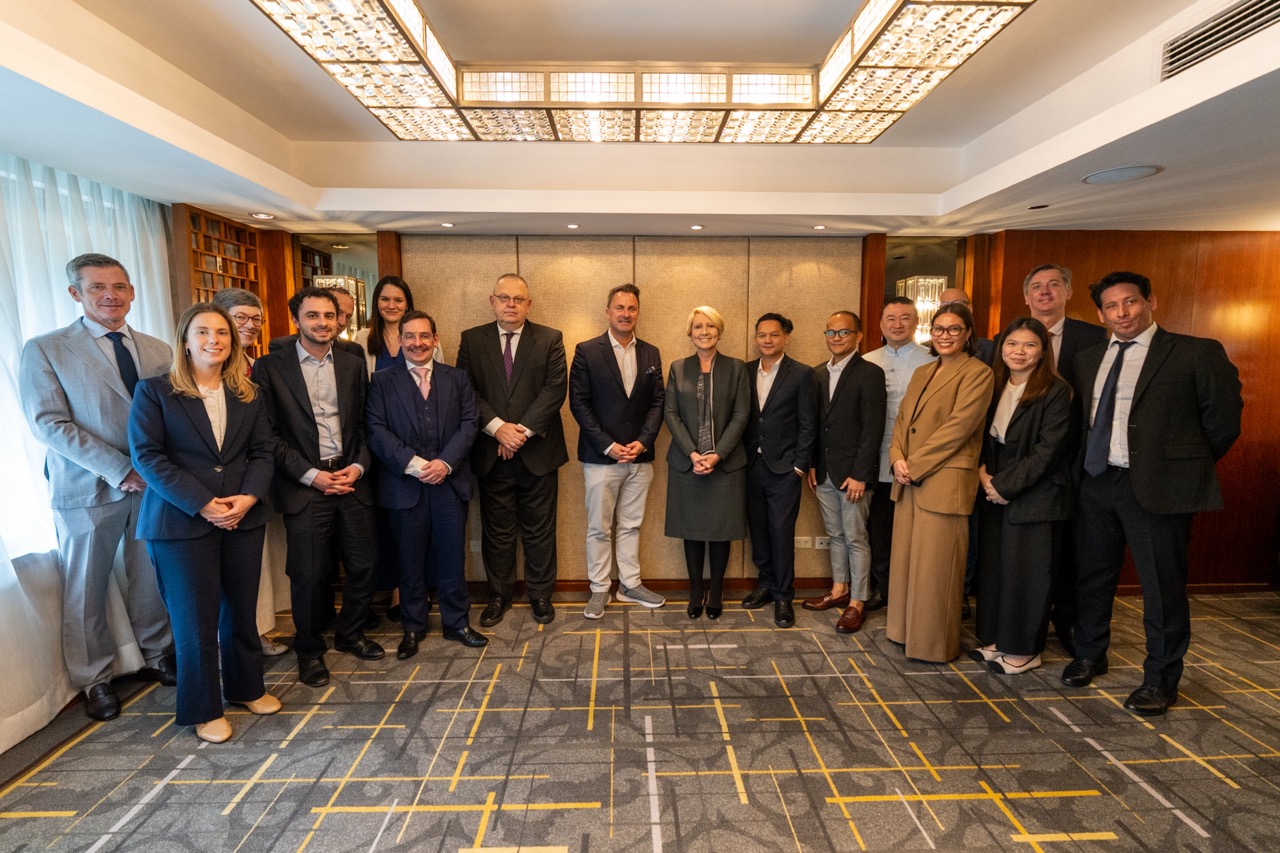“Modern digital services are our inspiration, instead of industry praxis. Insurance might be a late bloomer, but usage-based insurance is definitely here to stay.”
Carl Johan Barnekow is the CMO of Paydrive, who will be taking part in the 2018 edition of Fintech Europe, a unique investment readiness program created by Village Capital in conjunction with PayPal, Middlegame Ventures and the LHoFT.
The program will be held in Berlin, April 16 -19, and Luxembourg May 14 – 17 & June 11 – 14. The program will provide three months of venture development training for 12 fintech and regtech entrepreneurs creating financial health and compliance solutions for the EU. The ventures are all backable, and represent a high degree of both innovation and impact in the financial space. Up to two companies will be eligible for funding of up to € 200,000 from MiddleGame Ventures.

Carl Johan Barnekow, CMO of Paydrive
Paydrive sells pay-as-you drive car insurance to drivers, automatically to a credit card on file, without a binding fee or contract.
- Located: Sweden
- Sector: Insurtech
- Website: paydrive.se
- Twitter: @paydrive
Please introduce yourself, and tell us a little bit about your journey with Paydrive:
I am 32 years old, and passionate about marketing, communication, media and psychology. I love the creative and architectural side of building brands, and the companies that house them.
I joined Paydrive just as it launched in 2016 after making my first exit from a FMGC company the year before, a company that we built from the ground up and sold to a Norwegian conglomerate.
I was consulting two other startups during their launch when Paydrive approached me. Paydrive had just secured their first seed round and were in need of my skill set. I immediately fell in love with the brand and concept, and joined the team permanently soon afterward.

Paydrive CEO Andreas Broström
Financial products with ‘on demand’ availability are becoming reality, will this be the norm in future?
Usage-based insurance (UBI) is the future. If car insurance was invented today, this is surely how it would look. The traditional way of assessing risk is a blunt tool compared to our solution.
We found with our first 6000 customers that the new generation of insurers (‘millennials’) are more accustomed to consuming services the way we offer them. They only want to pay for what they use, and nothing more. It makes no sense that a careless driver might pay as much as a responsible one, or that high mileage drivers pay as much as someone that only uses their car on the weekend. They are also less inclined to getting tied up in binding agreements.
That’s not to say that only millennials are used to services operating this way; all ages are begining to adopt this mindset. Contrary to early expectations, some of our early adopters were retirees who also bought into the concept of UBI. We created a different offering to the established insurance companies, one that caters to digital consumers with modern needs.
Modern digital services are our inspiration, instead of industry praxis. Insurance might be a late bloomer, but usage-based insurance is definitely here to stay. We are slowly but surely hitting the sweet spots as we build a broader audience, instead of getting stuck in a niche
What are the key technologies that underpin Paydrive’s offering?
IOT, GPS, accelerometers, and digital communication. Our telematics box is as good at assessing risk as any team of actuaries. From the start we have been looking into how AI can assist.
Within the product itself, we are looking at behavioral driving patterns that increase the likelihood of accidents.
The input data are things like speeding, driving distance, harsh breaks and time of the day. However, our main AI focus at the moment is in customer service.

The Paydrive app and OBD2 box.
What kind of verification process does a user have to go through before activating Paydrive?
We verify the car and person through an open database via API. If everything checks out we are able to give the customer an offer within seconds on our site. In the checkout we use card verification just like Netflix or Spotify. We must be as fast and easy with onboarding as any other newcomers.
How does the future of transportation (particularly concepts like self-driving cars) influence your vision?
Of course self-driving would seem to be a threat, but we still know too little about how that industry will develop. We believe that even though self driving cars will be available, AI won’t be driving the car all the time. Drivers will still be driving, but maybe not to the same extent as before. Time will tell, in the meantime we are continuing our work with digitizing the insurance industry with great enthusiasm.
What are you hoping to get out of the Fintech Europe 2018 program?
Most importantly, i would say, is to broaden our horizons. We aim to go international soon and we hope we can speed up that process.






